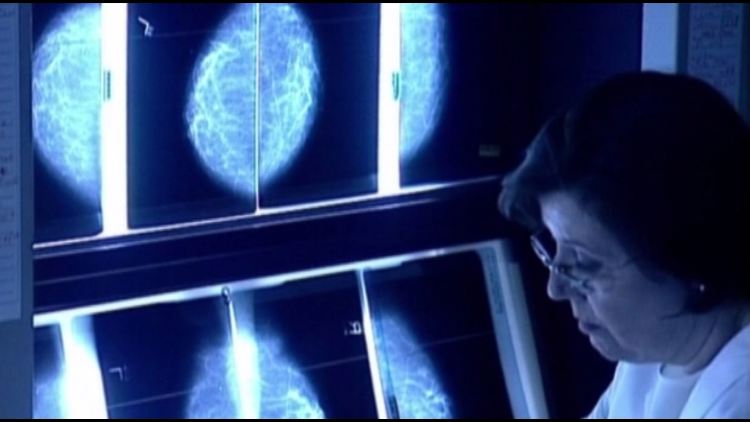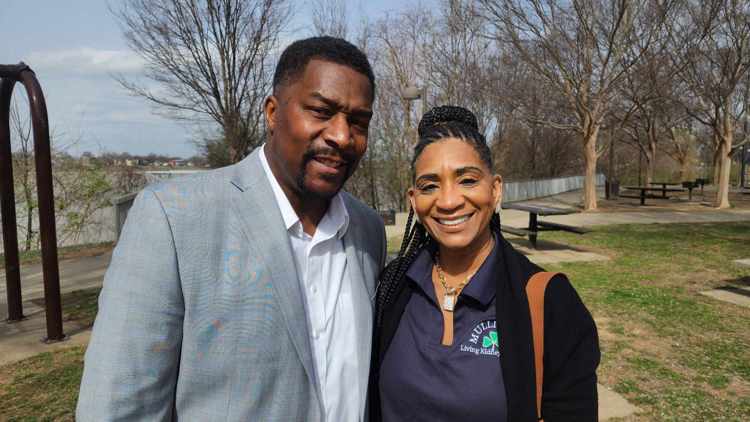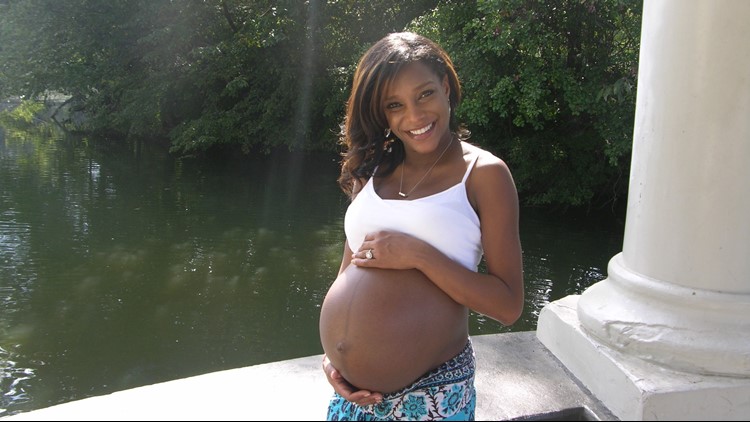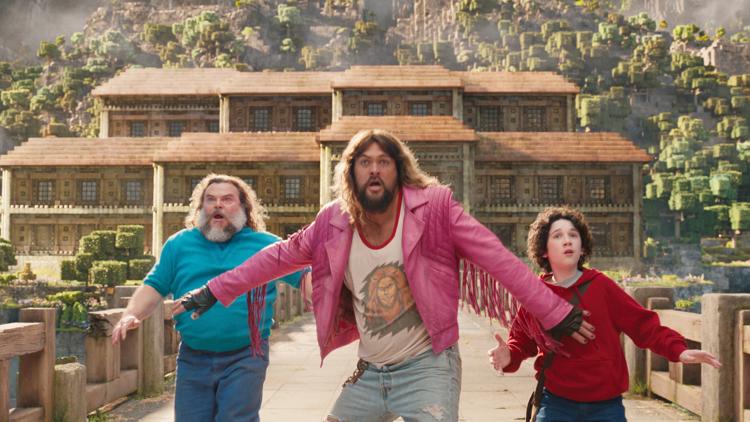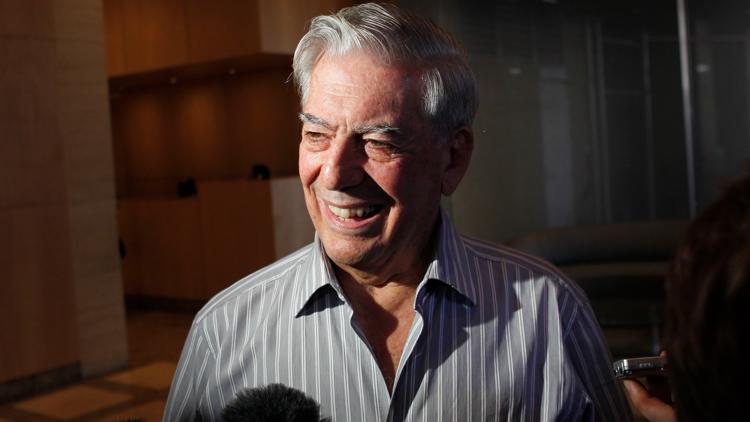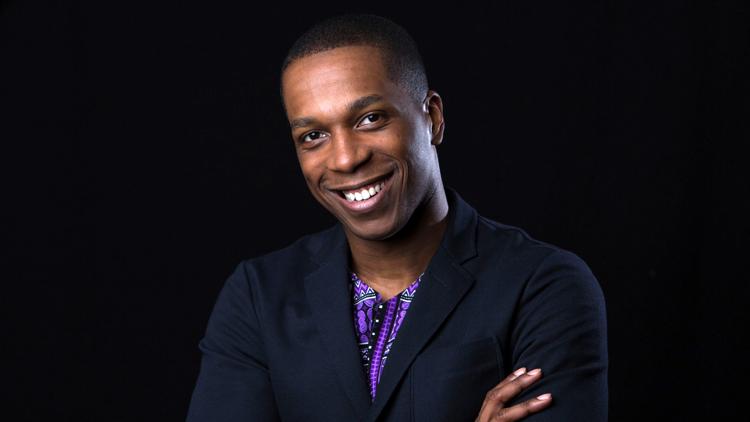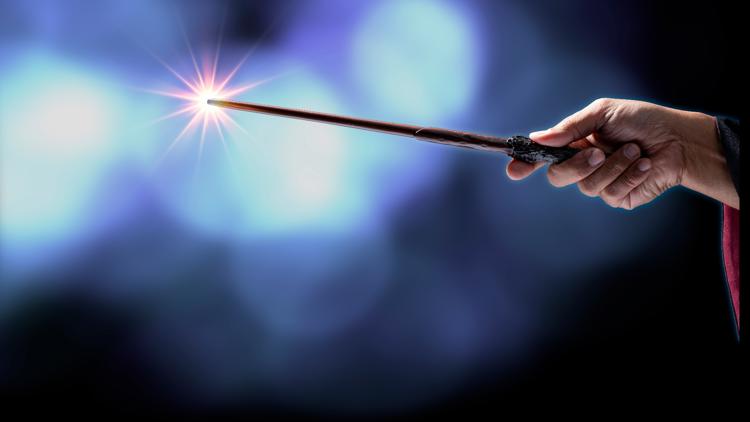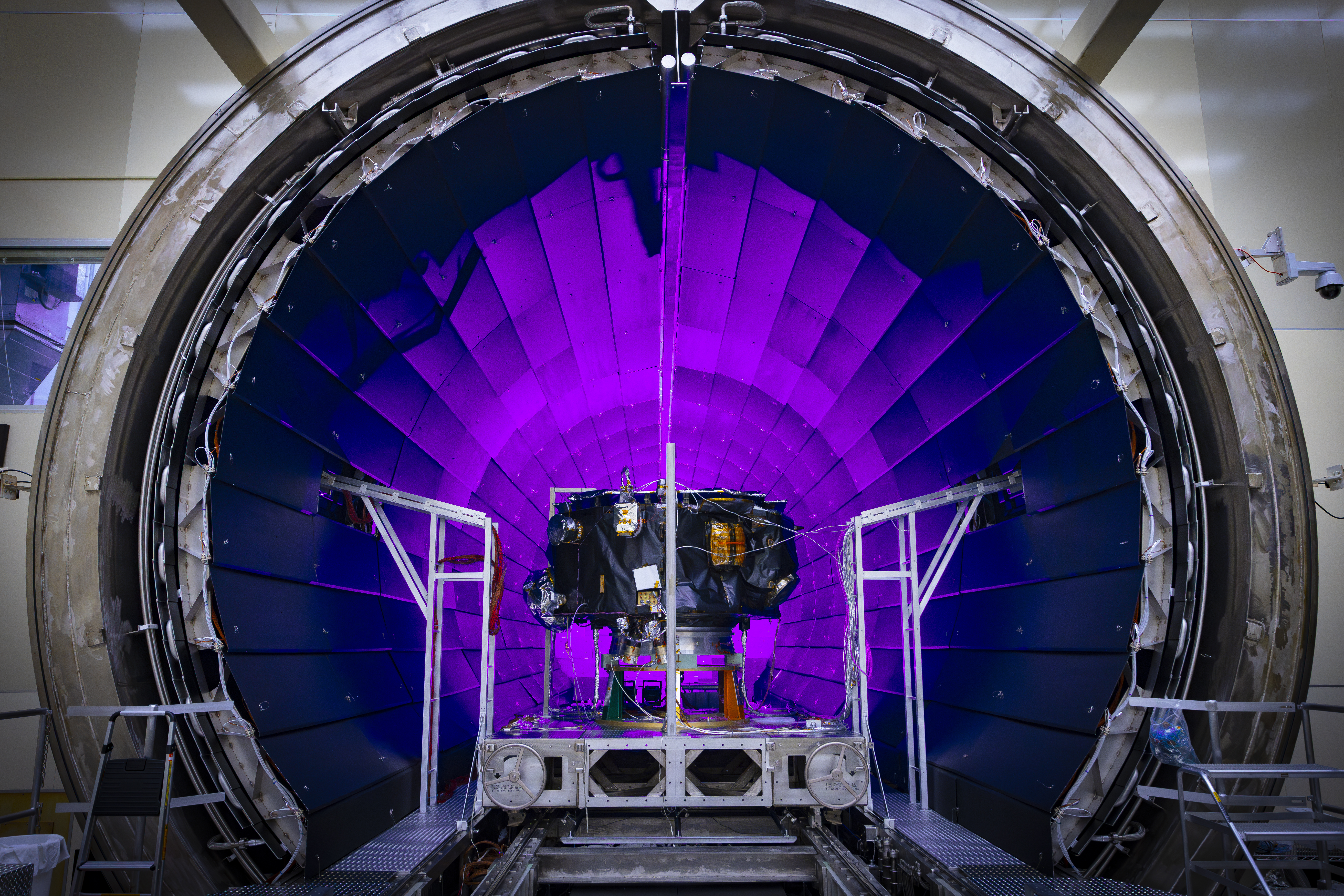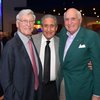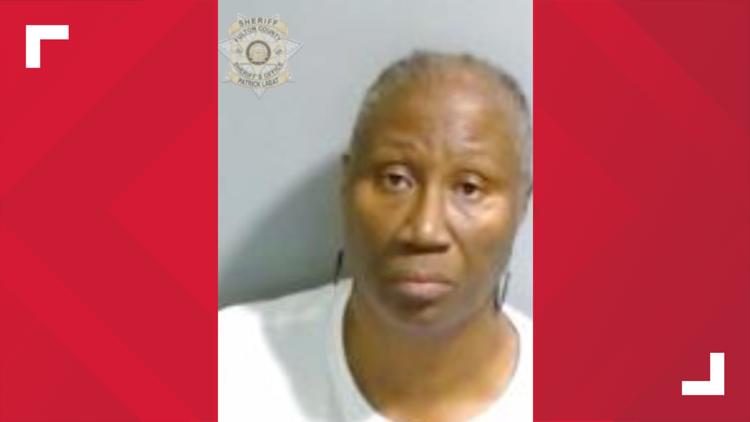Filmmaker Duke Johnson on the making of ‘The Actor’
When Duke Johnson was working on 2015’s “Anomalisa,” his co-director Charlie Kaufman recommended a book – Donald E. Westlake’s “Memory.” “Memory” tells the story of an actor named Paul, who loses his memory after a jealous husband catches Paul with his wife and attacks him. Westlake originally wrote the book in 1963, but it wasn’t […] The post Filmmaker Duke Johnson on the making of ‘The Actor’ appeared first on Rough Draft Atlanta.


When Duke Johnson was working on 2015’s “Anomalisa,” his co-director Charlie Kaufman recommended a book – Donald E. Westlake’s “Memory.”
“Memory” tells the story of an actor named Paul, who loses his memory after a jealous husband catches Paul with his wife and attacks him. Westlake originally wrote the book in 1963, but it wasn’t published until 2010, two years after his death. Johnson loved the novel, and used it as the basis for his first solo feature directorial debut, “The Actor.”
After the attack, Paul (played by André Holland in the film) is stranded in a small town in Ohio, struggling to remember who he is and trying to get back to New York City to reclaim his identity and his life. The film also stars Gemma Chan, Joe Cole, Fabien Frankel, Toby Jones, Tanya Reynolds, and a host of other actors, many of whom play multiple roles throughout the film.
In the past, Johnson has worked primarily in stop motion animation. “The Actor” also marks his first theatrical live action endeavor, although there are stop motion elements used throughout the film. Those elements, and the nature of the film’s story – a story that explores questions of identity and performance – combine to form a uniquely dreamlike film, one that feels as rooted in 1950s noir as it does in David Lynch movies.
Ahead of the release of the film, Rough Draft Atlanta spoke with Johnson about the making of the film. This interview has been edited for length and clarity.
How did you get started on this project? Did you just read the book and want to adapt, did someone send it your way?
Duke Johnson: I was making a movie called “Anomalisa” with Charlie Kaufman. Charlie is somebody that I admire greatly as an artist, and he’s a great writer, and he’s a prolific reader. He reads a lot of books, and I asked him to recommend a book. This book [“Memory”] was being talked about because it was recently published. It’s by a famous author, [Donald E.] Westlake, but it was published posthumously after he died. It was potentially one of the first books he wrote, maybe – there was some interesting story around its release. It was kind of a new book, even though it’s an old book.
It was written in the 1950s, or 60s or something like that – I think it was written in 1963, actually … but it was released as a modern book. Charlie had just read it, and what struck him about it was that it was written by this famous crime/noir/thriller writer, and this book is sort of in the guise of that, it feels like a crime/noir/thriller that uses an amnesia trope to propel the plot forward. But in this case, it sort of subverts that expectation, and uses the amnesia as a way to explore the nature of identity. I thought that was really interesting.
I read it, and I loved the book. But it was challenging because the book is written very much from Paul’s point of view, and it relies very heavily on his internal monologue. A lot of the narrative comes through in the contrast or the counterpoint between what’s happening and what his thoughts are in regards to it. So the challenge was to try to figure out how to turn it into a cinematic experience, and how to create a world within the film that would try to put the audience in a subjective experience of what it feels like to be this man with this fragmented sense of reality. That was the challenge and what excited me about it.
That’s interesting – there’s this throughline of artificiality in the movie, like you always kind of feel that you’re on a film set. Is that where that idea jumped off from?
Johnson: Yeah, exactly that. And also, that’s just kind of how I like to make movies, to tell stories. It’s sort of a marriage between form and content, because I’m someone that has always loved the craft elements of filmmaking and the theatrical quality of storytelling and filmmaking. I use the example of, in “The Wizard of Oz,” they’re going down the Yellow Brick Road, and you see them marching, but they’re just marching towards a wall … but to me, that doesn’t detract from it. You know you’re being told a story, but stories are metaphors. And through metaphor, you can learn something about the human experience. We’re all seeking truth, or whatever, right? We’re seeking something that we can connect to, or something we can relate to. And there is something, conceptually or thematically, about the construction of the environment and the sense of deja vu and what’s real or what’s not. There’s also just the storytelling elements of [Paul] being an actor, and the meta qualities of what we do, and how we tell stories just as humans, and how that relates to our understanding of ourselves and of the world.
You’re a stop motion guy, and you’ve worked in that world for a very long time. If I’m not mistaken, there’s a little bit of that in “The Actor” – I’m thinking of the eye at the end of the chair – but I wonder if you think you’ve taken anything sensibility-wise or taste-wise from working in that space and brought it over to live-action, in the making of this film?
Johnson: Yes, I have worked in stopmotion a lot, and it’s something that I can do and something that I have access to, that became part of my process. It’s part of my tool kit and the way that I build worlds and tell stories. I use animation because I like to do things practically. When you do things practically, for me, I can feel it. First of all, it’s more fun. I feel like it’s fun for me to do it that way, because it’s something that exists in a real space and time that I can see and I can touch and I can feel, and I can light and I can interact with. You can feel the fingerprints and the soul of the artist a little bit more, so it feels like it’s imbued with intention in a way, for me and for how I like to work, that’s different than maybe just doing something CG. Not to trash talk CG or anything, because I love those movies too. It’s just me. You know, why does a painter paint? It’s just, that’s kind of my palette and what I work with. I like to tell stories that way.
You’re right about the eye, and there’s actually a lot more.
I figured, but you know – I’m taking notes, I’m looking all over the place. [laughs].
Johnson: [laughs] That’s what I wanted to do, is create a tapestry of a world that infuses live action, and practical sets, and miniatures, and stop motion. You’re not meant to be like, oh, that’s stop motion! Because then it’s sort of kitschy or gimmick. It ultimately makes the world feel like something.
What’s important, for me, if you’re going to do that, is that it has to be emotionally grounded in an authentic way. I felt because I had André [Holland], and because I had this incredible cast, that I could kind of do anything. Because André is always going to be there. You’re always going to be looking at his face, and he’s as real as it gets. You know what I mean?
Yeah, he’s really wonderful. I’m so glad you brought up the cast specifically, because there are a lot of actors playing multiple roles across the movie. When you’re casting for something like this, do you have specific roles in mind for a certain cast member beforehand, or is it a much more fluid process?
Johnson: It’s case by case, right? Casting is like anything else within this process. It’s sort of like falling in love. When you know, you know. So sometimes you’re trying to cast a part, and you don’t know who it’s for, and you’re like this person? Oh, this person could maybe – yeah! They could be good. And then you’re like, what about this person? And you’re like, oh – of course! That’s who’s meant to play it, that’s who’s supposed to play it. They were born to do this.
With this, it was interesting because there are a lot of roles, and actors are playing multiple roles. So then it became like – okay, I want these people. These people feel like the people to make this movie together, and we’re gonna make it together. Then it was like casting them for the different parts that they could play within that world. So it was a unique kind of casting experience, in that sense.
Fabien Frankel stood out to me, just because I think most people are probably only really familiar with him from “House of the Dragon,” the “Game of Thrones” show. And I thought he was fantastic. I didn’t really know he had it in him.
Johnson: Oh, I’m so glad that you mentioned him, actually. First of all, there are so many. May Calamawy’s another one – I mean, I was so blessed with this cast. But I’m so glad that you mentioned Fabien, because he’s somebody that I actually wasn’t familiar with until he was presented to me as a person. Then I watched the “Game of Thrones” [show], because I have a hard time watching that “Game of Thrones” stuff, because I get scared. But he’s amazing. He’s this spooky, kind of handsome dude, but then he was so funny! And he had such energy, and he was so creative, and he brought so much to the silences between the lines that were written. He improved things, and he transformed into all these different roles. I mean, he’s absolutely amazing.
One thing I hope, with this movie – you know, this is my baby that’s given to the world – I hope that people see some of these actors, like Fabien, and are like, oh! These people are amazing. That’s the thing about the movie too. We’re like, [actors] do this thing really well, but they’re actors! They’re chameleons. They can do so many different things.
There’s obviously a lot of noir influence baked into this movie, but it really reminded me of an episode of “The Twilight Zone.” Did you have any specific movies or shows, or whatever it might be, as references in your mind when you were making this?
Johnson: It’s movie stew, you know? I’m influenced by so much stuff. I had André and Gemma [Chan] watch “A Place in the Sun” for the romantic connection. I had them watch a Swedish film called “Hunger” … I drew from “Vertigo.” Yes, there’s noir elements, but to me, it’s also Capra-esque in qualities, and like “A Christmas Carol,” and “The Wizard of Oz.” It’s interesting, as a filmmaker, as a cinephile, you sort of take all this stuff into you throughout your lifetime, and then you develop your own style from these influences. It’s imbued with a lot of things, and it’s imbued by the period and the source material, but I wasn’t setting out to be like – I’m going to do something noir.
“The Twilight Zone” thing, too – there are those elements, and it sort of felt like that. We recorded some voiceover, and it’s like, oh, it kind of sounds Rod Sterling-esque. Is that bad? Is that good? I don’t know! Let’s just kind of go with it. It becomes its own thing.
The post Filmmaker Duke Johnson on the making of ‘The Actor’ appeared first on Rough Draft Atlanta.
What's Your Reaction?







